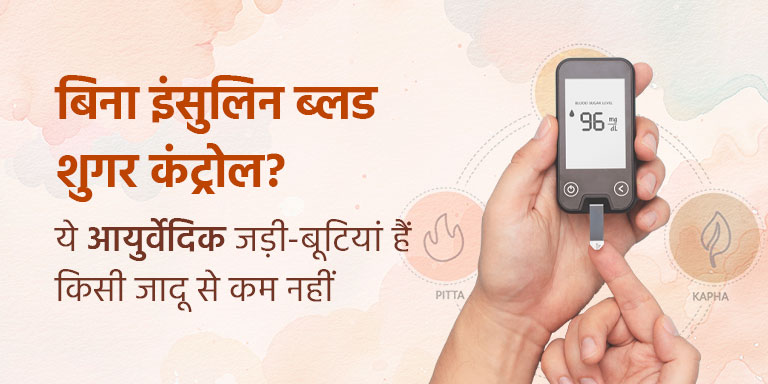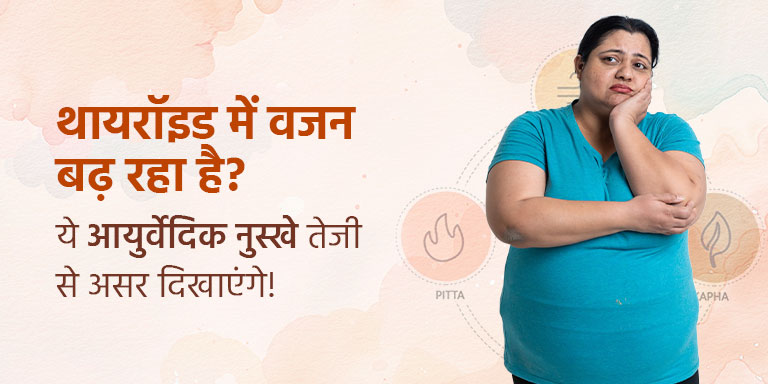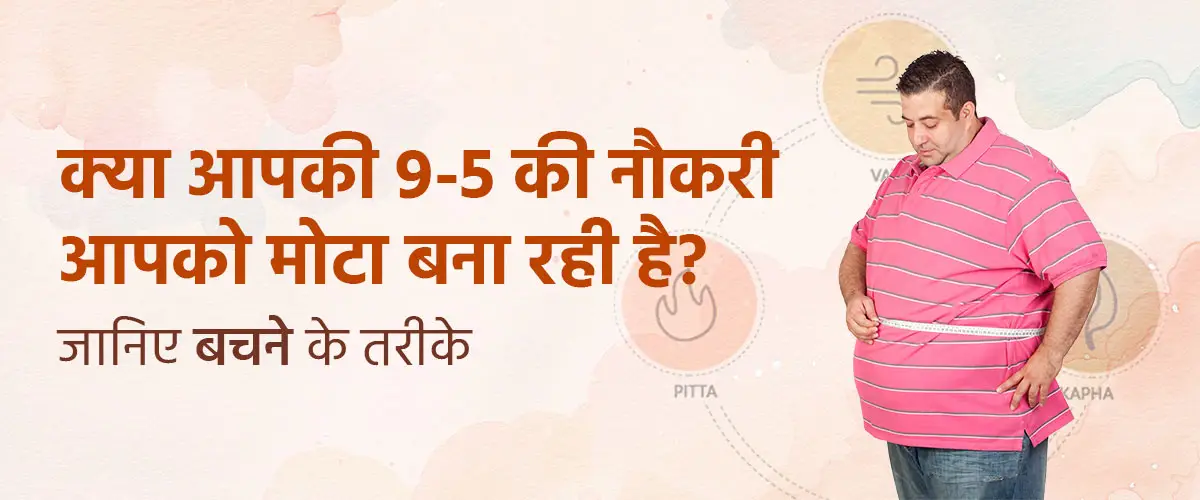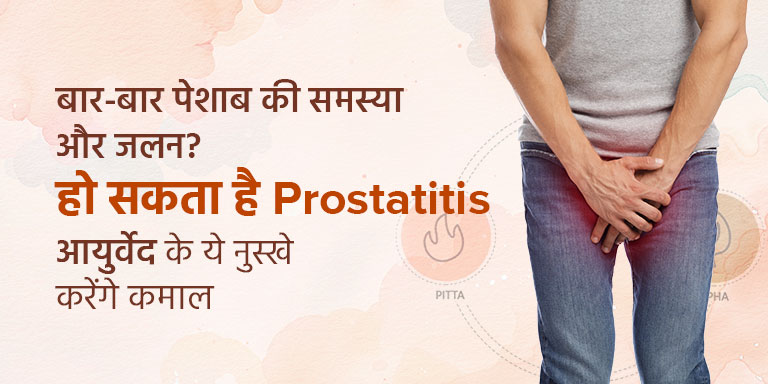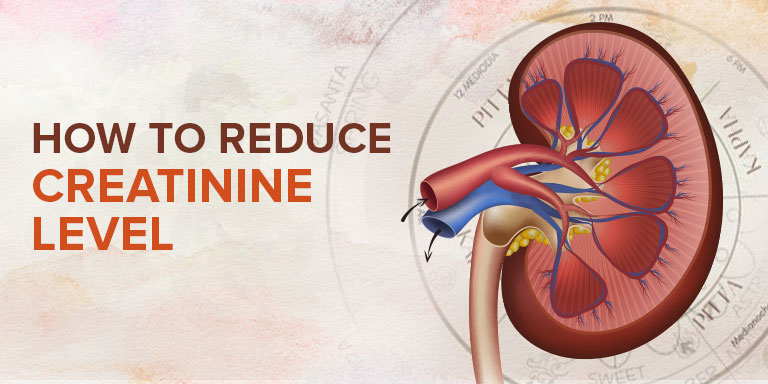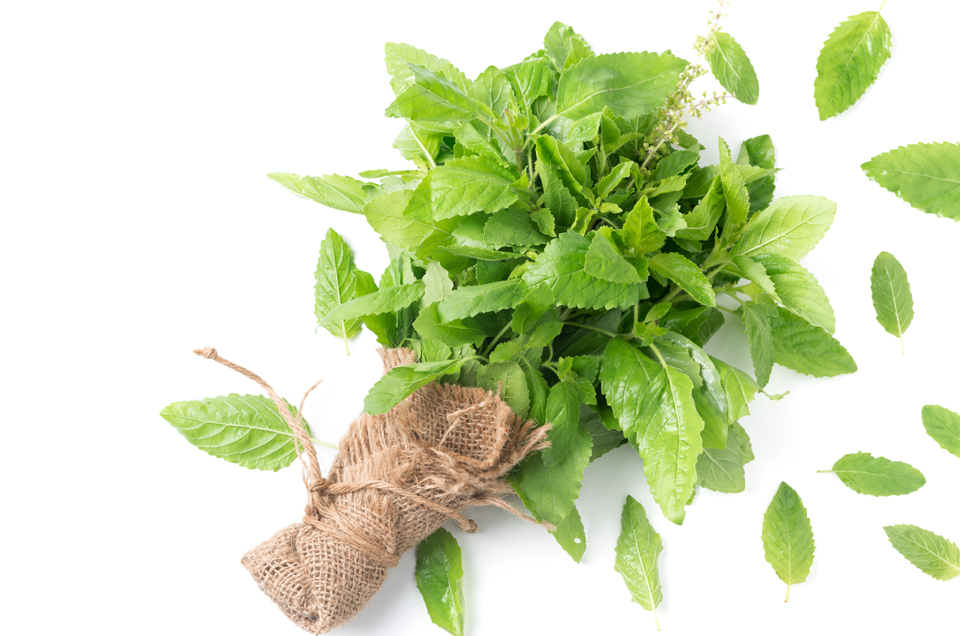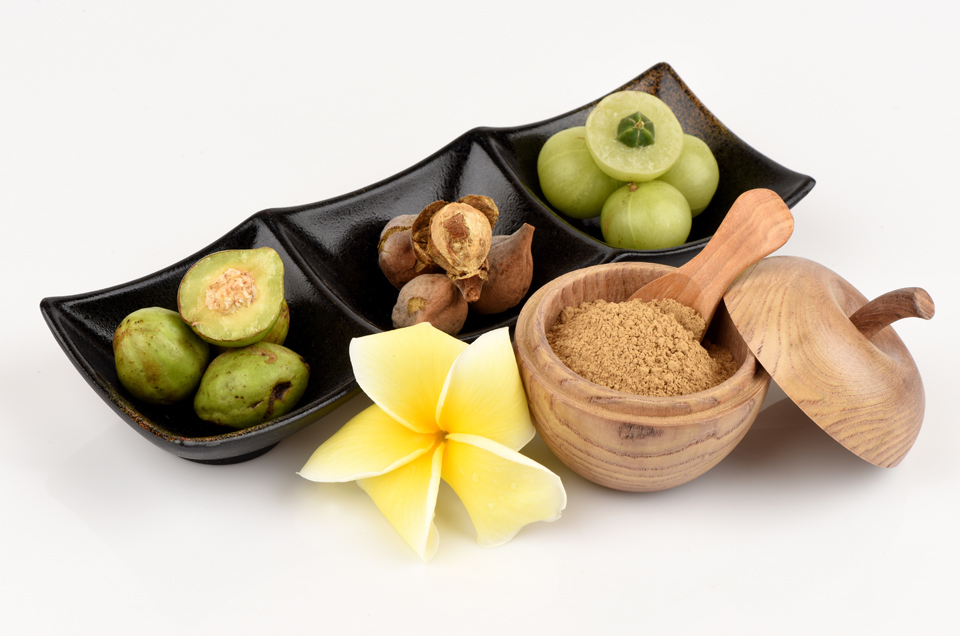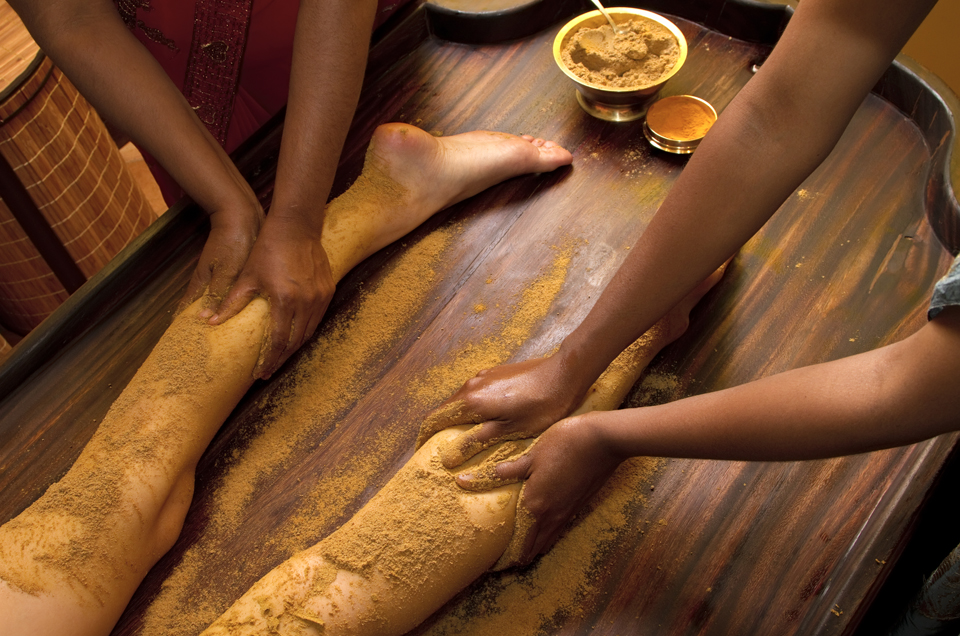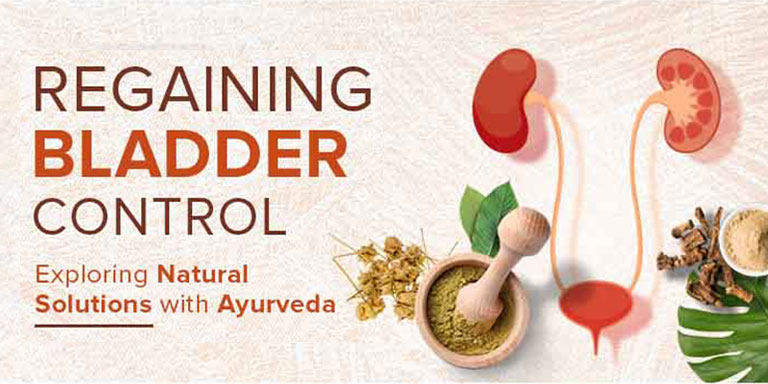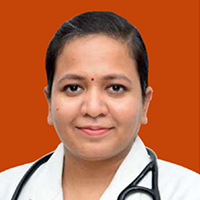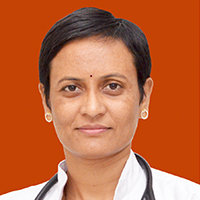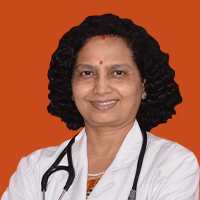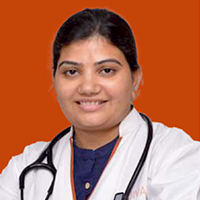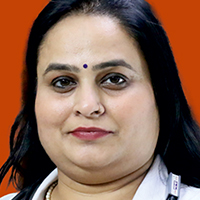 WHAT IS PILES AS PER AYURVEDA?
WHAT IS PILES AS PER AYURVEDA?
Piles, also referred to as Arsha in Ayurveda, is a result of doshic imbalance (Vata, Pitta & Kapha) and the buildup of ama (toxins) in the digestive tract. The common signs of Piles or Arsha include swollen blood vessels in the anal and rectal region, which causes pain, bleeding, discomfort, and trouble passing the stool.
WHY DO PILES OCCUR?
In Ayurveda, exploring why piles occur in the first place can also reveal ‘how to cure piles’ at home without surgery. Let’s find out.
Diet:
What we eat directly impacts our digestion and the diseases related to it.
- When you consume excessively spicy, oily, and processed foods, the digestive tract heats up, producing pitta dosha, which causes inflammation and difficulty in bowel movements.
- Low intake of fiber-rich foods can also lead to constipation and hardened stool, which can lead to bleeding. Foods with high fiber are necessary for maintaining smooth bowel movements.
- Overeating or irregular eating habits disturb the metabolic system, leading to indigestion, which causes constipation and inflammation of the veins in the rectal area.
Lifestyle:
According to Ayurveda, all diseases result from insufficient aahar (diet) and flaws in vihaar (lifestyle).
- A sedentary lifestyle is the root cause of many diseases. Lack of physical activity slows metabolism and digestion, leading to constipation.
- Prolonged sitting or standing can worsen the piles as it pressurizes the veins of the rectal area.
Bowel Habits:
The avoidance of certain factors in our day-to-day routine also develops the discomfort of piles over time like:
- Chronic or prolonged constipation is why piles occur, as it results in increased pressure while defecating, which develops swelling around the rectal area and even causes bleeding.
- Even if you’re having the right diet, sometimes, due to a habit of putting pressure on the anal region while defecating, piles may occur. Straining that sensitive region when you try to pass out hardened stool is a common cause of piles or arsha.
- Avoiding the natural urge to defecate can disrupt the cycle and make the stool more hard and drier, which results in constipation and piles.
Once you get piles, it’s not easy to heal, and surgery is not the permanent cure for it. So, how do you get rid of piles without operation? Ayurveda brings you natural home remedies that are time-tested and proven to be effective for constipation as well as piles.
10 HOME REMEDIES TO GET RID OF PILES
Powdered Triphala
The most commonly known and easily available home remedy for piles and constipation is Triphala Churna - a potent mixture of three herbs known as Amalaki, Bibhitaki, and Haritaki.
To avoid constipation and hard stool, it is recommended to consume Triphala powder with warm water before going to bed.
Buttermilk
Drinking buttermilk can help those who have piles because it keeps the digestive tract clean and helps with digestion. To improve its benefits and alleviate piles, try mixing buttermilk with a small teaspoon of rock salt and some toasted cumin seeds.
Radish Juice
Another easily available cure for piles at home is radish juice. All you need to do is drink half a cup every day. It is a proven detoxifier that also facilitates digestion. Radish juice is also used as a healing paste for fissures when mixed with honey.
Traditional Sitz Bath
If you don’t use a bathtub, this is the time when you start bathing in it, or just begin by sitting in the tub filled with warm water to relieve the painful area. You may amplify the therapeutic effect of the warm water by mixing a decoction of Triphala or neem leaves in it. Soak in the tub for 15-20 minutes to relieve the inflammation and pain.
Figs
Dried figs are rich in fiber and promote easy bowel motions by acting as a natural laxative. You need to soak 3-4 dried figs in water overnight and eat them in the morning. It is best to consume them on an empty stomach. This can help prevent constipated stools and reduce the symptoms of piles as a result.
High-Fiber Diet
Our diet plays a vital role in digestive issues like piles and constipation. Taking a fibrous diet is important for the smooth functioning of our digestive system. Include vegetables, fruits, whole grains, and legumes to ensure smooth bowel movement.
Drink plenty of water
Consuming lots of water during the day facilitates smoother bowel motions and softer feces. Ayurveda recommends drinking 8–10 glasses of water daily for proper digestion.
Frequent workout
Regular physical activity such as yoga or brisk walking can provide a boost to the digestive system and help in avoiding constipation.
Do not strain!
It is important to avoid straining during bowel movements, as it can put extra pressure on the hemorrhoids. In order to avoid constipation, it's always better to respond to the natural urge to urinate promptly.
Good hygiene
Adequate personal hygiene is also essential to avoid irritation and the risk of infection. After bowel movements, gently wash the anal area with warm water and pat it dry.
Last but not the least! Do not neglect the early symptoms and signs of piles. Early and appropriate care is vital to manage these conditions. So, if you are in search of how to get rid of piles naturally and in the most effective way, it is advisable to consult a renowned Ayurvedic practitioner.
Jiva Ayurveda has been a trusted name in the industry for 30+ years, with over 80 clinics nationwide. We provide personalized treatments that address the root cause of your health issues, customized to your Prakriti, medical history, and unique needs. Unlike a one-size-fits-all approach, our treatments are made different for each individual.
Jiva Ayurveda has gained recognition as a safe and effective alternative to surgical treatments. For immediate assistance, call us at +91-9958404040 or visit your nearest Jiva Clinic.
FREQUENTLY ASKED QUESTION
What to eat in piles?
Ayurveda recommends a sattvic diet if you want to control piles. The diet can include fiber-rich fruits and vegetables, and you should begin consuming psyllium husk every night. The fiber helps soften the stool and smooth the digestive system.
Which juice is good for piles?
Some of the juices recommended in piles include radish, papaya, and prune juice. These are natural detoxifiers that help smooth digestive function in the body.
How to control piles at home?
Warm sitz baths with Epsom salts or baking soda can provide some relief by relaxing the anal sphincter and reducing swelling.
What are the symptoms of Piles?
Some of the common symptoms include:
- Pain: Pain in the anal area, especially during bowel movements.
- Bleeding: Bright red rectal bleeding after bowel movements.
- Itching: Itching or irritation in the anal area.
- Swelling: Swollen bumps near the anus.



